Ecosystems & Environment

July 31, 2024
Emily Althoff
Althoff holds a split appointment between MU and Lincoln University. Here, she hopes to research local concerns in pest management and conservation working with local, state, and federal partners. Results from her research are incorporated into her extension programming. Requesting Insect Identification from the Althoff Lab: Photos: Submit clear, well-lit photos of the insect (top, bottom, head, abdomen, legs) and any damage it caused. Include its location. Briefly describe where you found the insect and any issues it’s causing. Email: Send everything to emilyalthoff@missouri.edu. We look forward to working with you to solve Missouri insect mysteries! Educational background Ph.D.

July 16, 2024
Lijing Gao
Gao was trained as an agricultural science communication specialist and an environmental sociologist, focusing on the interconnectedness of agricultural systems with socio-economic, political, and ethical decisions. Her current research focuses on understanding perceptions of livestock biotechnology, particularly genome editing. Gao employs a mixed-method approach. Educational background Ph.D. in Sociology and Sustainable Agriculture, Minor in Statistics, Iowa State University (ISU) 2022 Courses taught Sociology of Natural Resources Transition in Agriculture Introduction to Sociology…
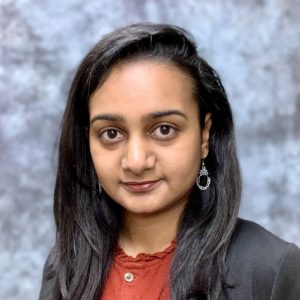
Aug. 31, 2023
Jasmine Neupane
Jasmine Neupane is an Assistant Professor of Agricultural Systems Technology in the Division of Plant Science and Technology. Her faculty appointment includes research and teaching responsibilities in Plant Science and Technology. Before starting her position at University of Missouri-Columbia, Neupane was serving as an Assistant Research Professor of Precision Agriculture at Montana State University. Neupane’s research is at the forefront of agricultural innovation, focusing on seamless integration of advanced agricultural technologies into cropping systems. Her work is driven by a deep commitment to addressing the complex challenges facing modern agriculture, such as increasing food production to feed a growing…

Aug. 30, 2023
Zachary Leasor
Zack is an assistant professor in climate science within the School of Natural Resources. He also works as State Climatologist and director of the Missouri Climate Center. He serves on panels dealing with adverse weather conditions such as drought and flooding. He also works with the National Weather Service offices and regional climate services to provide climate data and prepare special summaries of significant weather and climate events. Originally from Louisville, Ky., Zack spent the last several years living in Columbus, Ohio, before moving to Missouri during the summer of 2023. Zack received a bachelor’s degree in meteorology, with a minor…
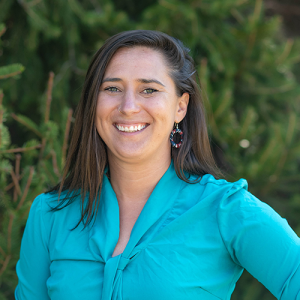
Feb. 6, 2023
Kelly Wilson
Educational background Ph.D. Agricultural Communications, Education, and Leadership, 2019 Courses taught Advanced practices in sustainability and regenerative agriculture…
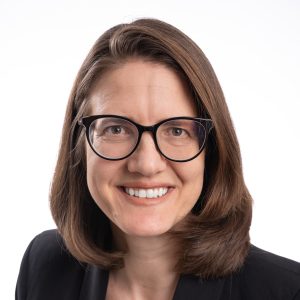
Nov. 3, 2022
Adrienne Ohler
Educational background Ph.D. Economics, Washington State University, 2009 Courses taught ABM 4360: Energy Markets and Regulation…
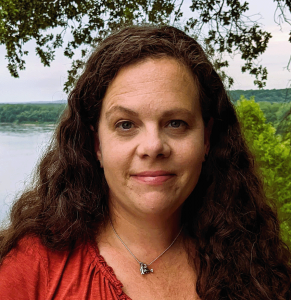
Aug. 2, 2022
Allison A. Pease
Pease is an aquatic ecologist who studies how flow alteration, climate change, and other habitat impacts affect river fish populations and communities. Her work is international in scope, with collaborative research in Mexico, Paraguay, and the Republic of Congo. She and her students also carry out local work in the U.S. with clear implications for better understanding and predicting effects of environmental change on fish populations and aquatic food webs. Educational background Ph.D., Texas A&M University Courses taught F_W 2700: Ichthyology F_W 4300: Fisheries Management F_W 4400: Techniques for Fisheries Management and Conservation…
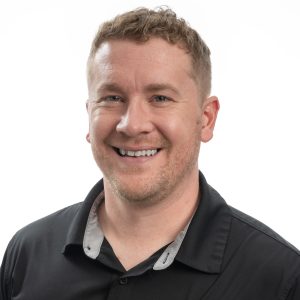
Feb. 21, 2022
Sam Lord
Educational background Ph.D. , University of Missouri, Natural Resources – Emphasis in Soil M.S., University of Missouri, Natural Resources – Emphasis in Soil B.S. 2016, University of Missouri, Soil, Environmental, and Atmospheric Sciences – Emphasis in Soil Courses taught Soil 2100 Lecture: Introduction to Soil Science Soil 4308/7308: Soil Conservation Soil 4312/7312: Environmental Soil Microbiology…
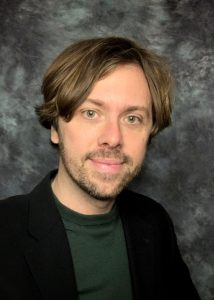
Sep. 17, 2021
Michael Sunde
Sunde’s research focuses on using quantitative modeling, geospatial and remote sensing approaches to evaluate the impacts of stressors such as urbanization, deforestation and climatic pressures on the environment and to map ecosystems at large scales, with an emphasis on watershed hydrology. His work uses an array of geographic, climatic and remotely sensed data, along with machine learning and physically based models to produce information that can be of utility to planners and decision makers. Educational background Ph.D. Natural Resources, University of Missouri…
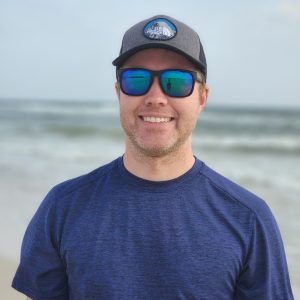
Aug. 27, 2021
Jacob Westhoff
The research conducted by Jacob Westhoff primarily focuses on the applied needs of state and federal cooperators as part of the Missouri Cooperative Fish and Wildlife Research Unit. These needs often include study of life history, distribution, habitat use, environmental tolerances, and general ecology of aquatic organisms. Educational background Ph.D., Fisheries and Wildlife, University of Missouri M.S., Biology, Tennessee Technological University…